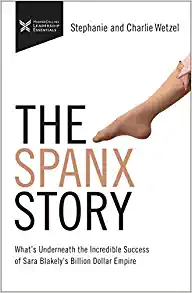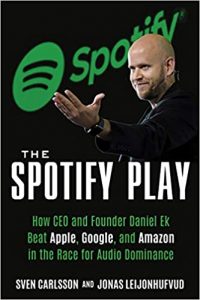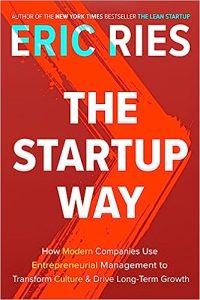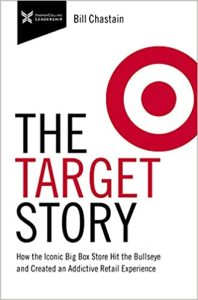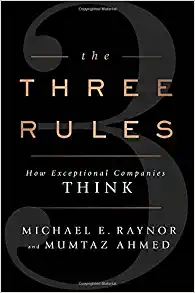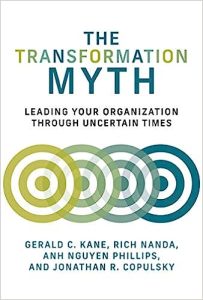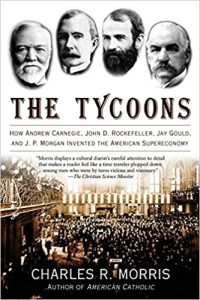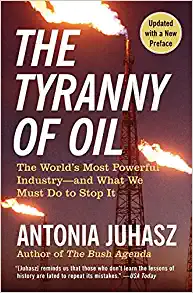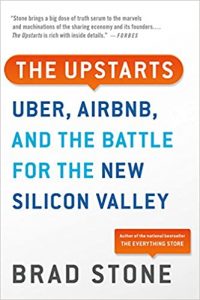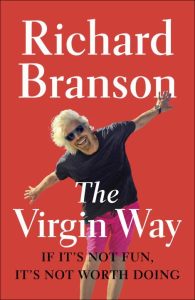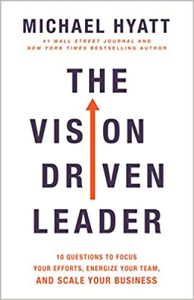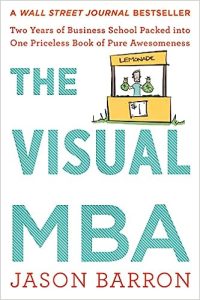The Spanx Story
₦7,000.00Sara Blakely had a problem. She had a beautiful pair of white designer pants hanging in her closet just calling out to her to wear them, even though they accented her least favorite feature: cellulite. After searching high and low for a solution and coming up empty, an idea was born: Spanx.
The Spanx Story chronicles Sara’s journey from long nights researching patent and trademark law, to years of cold shoulders she received from the titans of the pantyhose industry, to the cold call that led to the shelves of Nieman Marcus. It was a long road of incredible hard work and determination that led Spanx to become the iconic brand it is today.
This book educates and inspires entrepreneurs and innovators to find the problem for their solutions and persevere through all of the hard work that goes into building a billion-dollar company. Through Sara’s story, you will learn:
– How to develop an idea and turn it into a business.
– How to start a company with very little capital by thinking outside of the box and dedicating every spare moment to your goal.
– How to recognize when it’s better to hire a CEO than to be the CEO.
And, how to stay the course and continue to believe in your idea, despite naysayers and going against an industry resistant to innovation.

